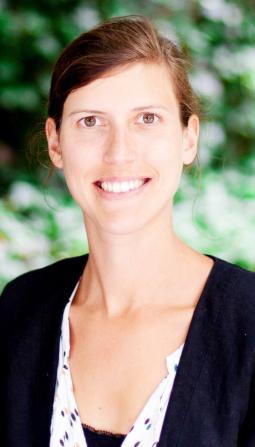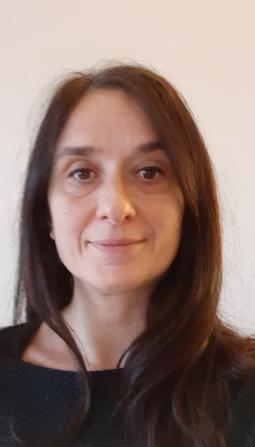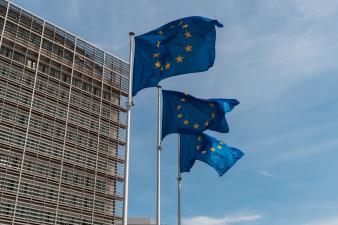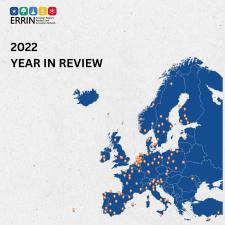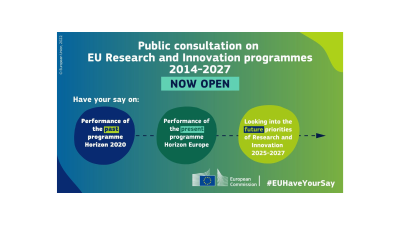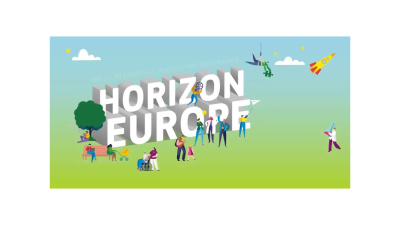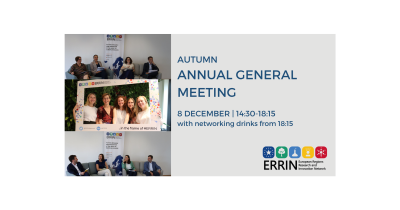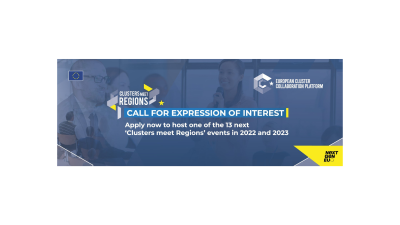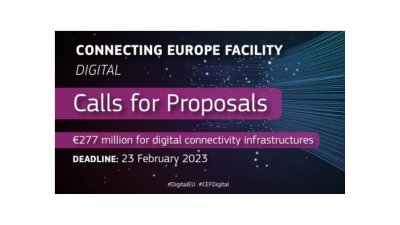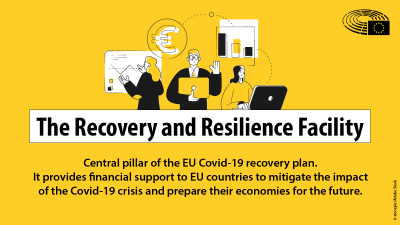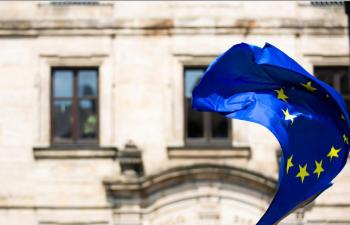Smart Specialisation
The Smart Specialisation Working Group aims to monitor and contribute to key policy developments related to S3 by enhancing dialogue with relevant EU institutions and stakeholders. The goal is to strengthen the regional perspective in the wider smart specialisation agenda and facilitate the interregional cooperation. The WG actively engages in the debate around shaping the cohesion policy post-2027 and the future of S3. It also follows different interregional collaboration instruments for innovation, their state of play and upcoming opportunities.
ERRIN Contact
Previous Related ERRIN Working Group Meetings

Smart Specialisation WG meeting: S3 and PRI – the way ahead
The year 2024 marks the opening of a new chapter for the Partnerships for Regional Innovation (PRI) as a JRC-CoR initiative building on S3 to support innovation for place-based transformations. In

Strengthening skills governance in regional innovation ecosystems: lessons learnt and remaining challenges
As the activities of the EU Year of Skills came to an end in April 2024, the Science and Education for Society Working Group is organising a Working Group meeting to reflect on the lessons learnt
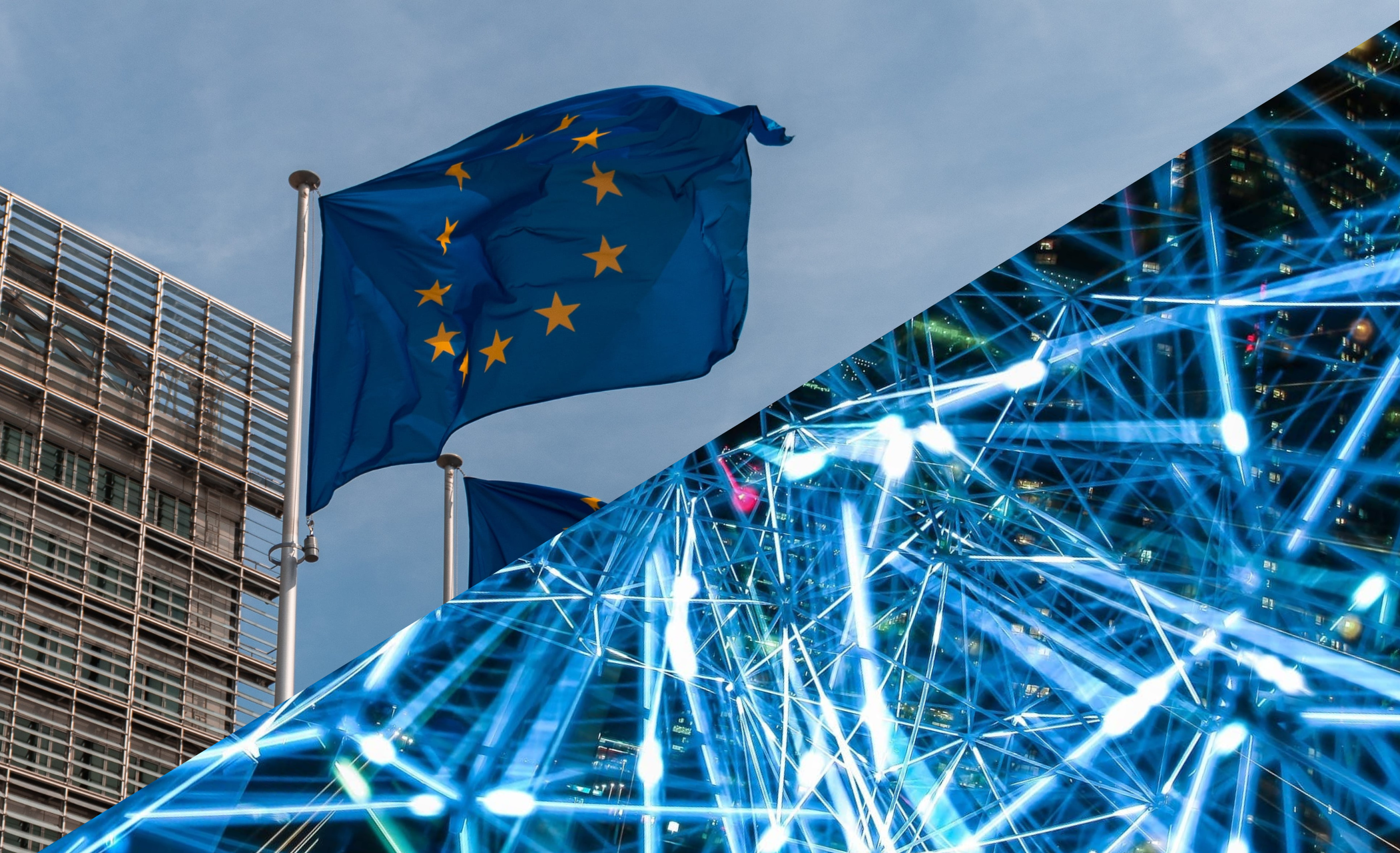
Policy & Smart Specialisation WGs meeting: Widening in FP10 and impact on cohesion policy post-2027
The topic of widening gathers high attention in the discussions around the next European Framework Programme for R&I, raising questions with the potential to influence not only the Widening sub-
WG Related Events
Smart Specialisation Partnerships and European Partnerships – Synergies and complementarities
Creating concrete synergies, collaboration, and coordination, between Smart Specialisation Partnerships based on regional innovation strategies and European Partnerships is one of the issues ERRIN raised in the input to the
Smart Specialisation WG Meeting: Reviewing the RIS3
The next Smart Specialisation WG meeting on "Reviewing the RIS3 – Challenges and concrete proposals for improving inter-regional collaboration and synergies", will take place on 24th October between 9:15-12:00 at the Basque Country's Delegation in Brussels, located on Rue des Deux Églises 27, 100
Smart Specialisation WG Meeting: The Role of Universities and Cities in Smart Specialisation
We welcome you to the final Smart Specialisation Working Group Meeting before the summer break!
Smart Specialisation WG Meeting: New Initiative (Component 5)
We are happy to welcome you to the first Smart Specialisation WG meeting for this year!
Monitoring and evaluation of Smart Specialisation - State of the play and next steps
Given its experimentalist and result-oriented approach, smart specialisation places a strong emphasis on the role of monitoring and evaluation. The JRC has developed a solid framework for monitoring, in response of a very strong demand from national and regional authorities.
Smart Specialisation WG Meeting
We are happy to welcome you to the next Smart Specialisation Working Group meeting that will take place on 11th June 2018 between 14:30-16:45 at the Delegation of the Basque Country to the EU, located at Rue des Deux Églises 27, 1000 Brussels. During this WG meeting, the main elements of the coh
Pagination
WG Documents
ERRIN Year in review 2022
The ERRIN Year in review 2022 is out! Read the report to see the numerous activities ERRIN and its members have been involved in throughout the year.
WG Related Content
Largest public consultation on Horizon programmes 2014-2027 now open
The Commission has launched the largest public consultation ever held on the past, present and future of the European Research & Innovation Framework Programmes 2014-2027. Stakeholders are invited to share their views on the performance of Horizon 2020 and Horizon Europe, as well as shaping the strategic orientations for the Horizon Europe Strategic Plan 2025-2027. The consultation will stay open for 12 weeks, closing in February 2023.
Draft Horizon Europe 2023-24 work programmes published
The European Commission has published the draft 2023-2024 Horizon Europe work programmes. The drafts have not yet been adopted or endorsed by the European Commission, but have been made available to provide potential participants with the currently expected overview of this work programme.
ERRIN Autumn AGM 2022 – Towards the Year of Skills
ERRIN’s 2022 Autumn Annual General Meeting (AGM) will take place on 8 December 14:30-18:15 CET, followed by networking drinks from 18:15 CET. We cordially invite all the network members to join us – registration is now open!
ERRIN annual member survey: Shape ERRIN's agenda for 2023!
All members are invited to provide input on our priorities, topics, and activities that should be addressed in 2023. Your inputs are essential as they will provide a basis for the discussions during the workshops, and for the overall planning process for 2023, which will define ERRIN’s work next year.
Call for Expression of Interest - 'Clusters meet Regions' workshops
The European Cluster Collaboration Platform launched a Call of Expression of Interest to select the national/regional authorities and clusters organisations to run 13 European ‘Clusters meet Regions’ workshops in the second half of 2022 and throughout 2023. The new deadline for making an application is 2 December 2022, at 18:00 CEST.
Second set of calls for proposals under CEF Digital programme launched
The European Commission has launched the second set of calls for proposals under the Connecting Europe Facility Digital programme, with a budget of €277 million. The deadline to apply is 23 February 2023. One of the calls that could be of particular interest to ERRIN members is the '5G for Smart Communities'.
Pagination
Latest Updates
- By Agnieszka Wieczorek Jetha
Now available: ERRIN priorities 2021 and Working Groups annual plans
Every year ERRIN defines workstreams to guide its work throughout the coming 12 months, closely linking to its core missions and indicating the crucial interests towards the EU R&I agenda.
- By Hilary Webb
European Parliament approves €672.5 billion Recovery and Resilience Facility
The European Parliament has approved the Recovery and Resiliency Facility, which aims to ensure that European economies recover from the pandemic while preparing for a sustainable and digital future.
- By Agnieszka Wieczorek Jetha
Contribute to ERRIN session in the frame of the EU Industry Days 2021
In the frame of the EU Industry Days, a session will be organised by Business-University-Region Pro Silesia Association in collaboration with ERRIN. As part of the programme, an SME or a cluster from the ERRIN membership will have the opportunity to bring their experience to the panel.
- By Agnieszka Wieczorek Jetha
2021 kicks off with new R&I opportunities and the 20th anniversary of ERRIN
2021 marks a start of the new EU financial period that comes with new programmes, instruments and actions. Taking full advantage of those new opportunities for regions and regional innovation ecosystems is one of our key priorities this year.
- By Hilary Webb
Share a message to celebrate 20 years of ERRIN
The year 2021 marks the 20th anniversary of ERRIN! As we prepare to celebrate this milestone moment for the network we invite members, partners and friends of ERRIN to share a celebration message about the occasion.
- By Anonymous
Looking for partners for COSME call on innovation uptake and digitalisation in the tourism sector
The Department of Tourism of the Autonomous province of Trento (Trentino) is looking for partners to address the digital transformation and growth of local service providers, mainly SMEs, whose level of digital literacy is not uniform and, on average, is quite low. The first objective is to develop, test and validate useful methods to deepen digital culture in the involved SMEs, and then to spread knowledge outside the scope of the project.
